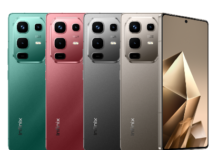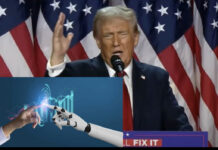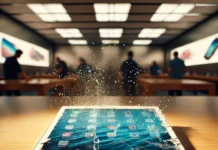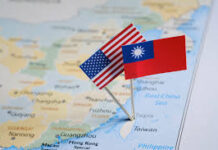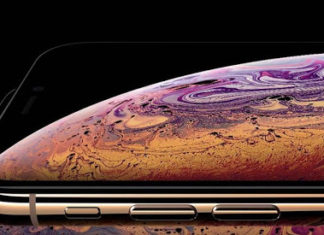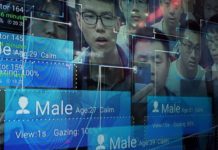It is no longer news how the next generation of technology is fastly underway; 5G, Autonomous Vehicles, Artificial Intelligence and Cloud computing. But who gets to define those standards has yet to be determined.
Industry bodies define standards used in a particular industry or sector of the economy. And of course industry standards vary from one industry to another.
Department of Commerce on Monday said that U.S firms can work in the same body with Huawei on setting standards for the next generation of tech, despite their differences.
This is significant, because they will be able to have a seat at the table of standard setting discussions and organizations geared in the formation of the standards regarding these emerging technologies.
“The United States will not cede leadership in global innovation. This action recognizes the importance of harnessing American ingenuity to advance and protect our economic and national security,” U.S. Department of Commerce Secretary Wilbur Ross said in a statement.
“The Department is committed to protecting U.S. national security and foreign policy interests by encouraging U.S. industry to fully engage and advocate for U.S. technologies to become international standards.”
This was a welcomed move by the Information Technology Industry Council (ITI), a global tech trade body, who said that, “It is exceptionally important for U.S. companies to be at the table. Being forced to cede their seat at the table to the likes of Huawei no less, was in nobody’s interest, except the Chinese,” Naomi Wilson, senior director of policy for Asia at ITI, told CNBC. “The last thing we want to see is unintended consequence that negatively affects U.S. companies’ competitiveness.”
Meanwhile, China has stated its ambitions clearly: Not only does it want to develop its own domestic standards, it also wants to push its participation internationally. And Huawei, a telecommunications equipment manufacturer, is largely a part of the push.
CNBC recently reported on a plan called China Standards 2035, an ambitious 15-year blueprint that will lay out Beijing’s goals to set the global standards for the next generation of technologies. And that has raised some concerns about China’s growing influence on the global technology scene.
Huawei will be a big part of that plan given its strength in areas from telecommunications to mobile phones and cloud computing. Hence the need for U.S. to stay in the race.
How do you perceive this? Let’s know in the comments below
